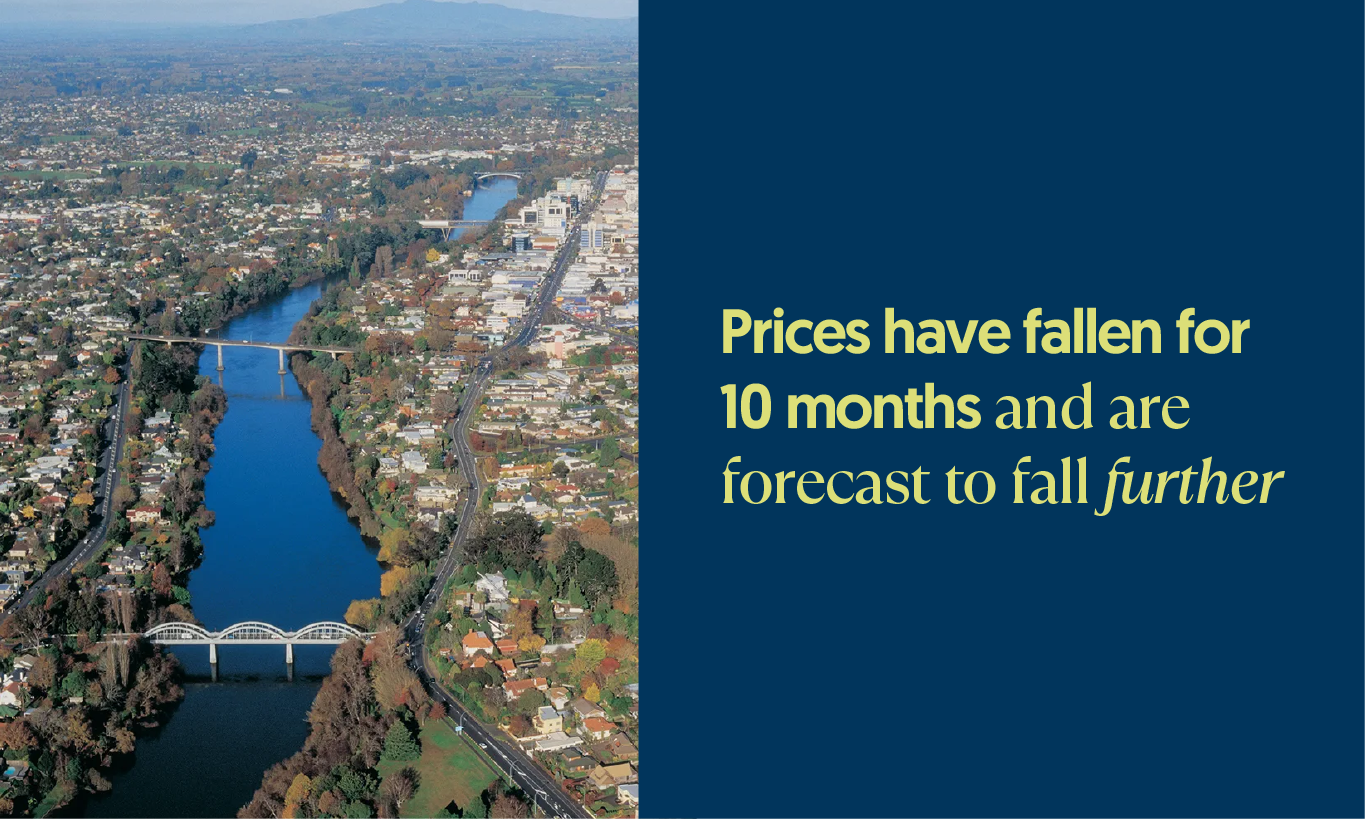
National property prices declined further in January, meaning prices have contracted more than 8% since peaking in March last year, according to CoreLogic.
CoreLogic chief property economist Kelvin Davidson said that after 10 consecutive months of price falls, a case could be made that we’re close to the bottom.
But it could also be argued that a peak-to-trough decline of 15-20% may be on the cards.
“On one hand, there’s now a more compelling story saying that mortgage rates across most durations are at or close to a peak (except floating rates) … With net migration also picking up sharply, these factors argue for an earlier or shallower trough for house prices. It’s worth noting that the pace of decline has certainly been slower in the past few months,” he said.
“However, we’re also watching the labour market very closely, including the unemployment rate and wages from the final quarter of 2022. If these have started to show softer trends, it might not be too long before the labour market overtakes inflation as the biggest issue of concern for economy-watchers. And of course, any job losses over the coming months and quarters would tend to dent the prospects for the housing market.”
NZ has many different property markets
While prices have been falling in most parts of New Zealand, the rate of decline has not been universal.
Over the year to January, Wellington (-18.1%), Dunedin (-10.0%), Auckland and Hamilton (both -8.2%) experienced much larger price contractions than Invercargill (-2.3%) and Christchurch (-1.0%).
During the same period, prices actually rose in some parts of the country, including New Plymouth (2.0%) and the Far North (5.8%).
“Looking ahead, it seems likely that all parts of the country will experience falling house prices to a degree – it’s just that some will be more affected than others (as is also the case when the wider market is rising),” according to CoreLogic.
“However, those that fall faster in the near term will see affordability improve earlier, which could set the scene for a timelier rebound.”
Why this is a tricky market for buyers
The current market presents a mixed opportunity for buyers.
On the one hand, buying during a downturn means you face less competition, you have more time to conduct due diligence and you have more negotiating power.
On the other hand, interest rates have been trending upwards since October 2021, which means the average buyer’s borrowing capacity has been falling.
Reach out if you need help navigating this tricky market. I can advise you on your borrowing capacity and help you compare home loans.
